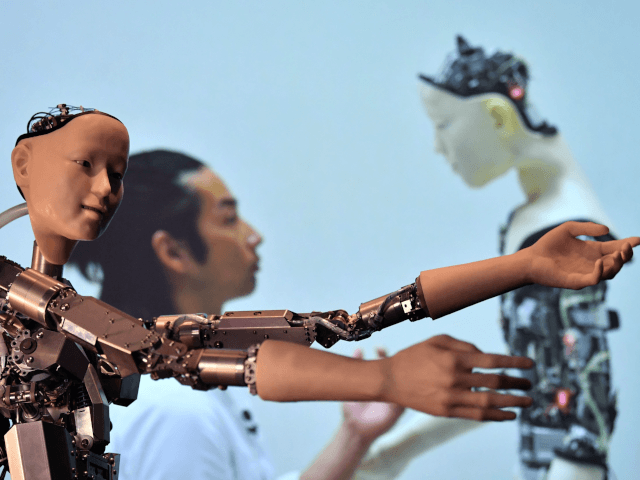Shares in education tech company Chegg have plummeted by nearly 50 percent after the company admitted that AI chatbot ChatGPT has impacted its financial performance.
The Financial Times reports that following the company’s admission that AI chatbot ChatGPT has significantly impacted its financial performance, shares of online learning platform Chegg have dropped by close to 50 percent, highlighting the expanding influence of AI technology in the education sector.
Chegg, a company based in California that charges $19.95 per month for on-demand access to answers to college course questions, recently disclosed a seven percent decrease in revenue year over year in the first quarter of 2023, totaling $187.6 million. The business also suffered a five percent decline in subscribers, to 5.1 million. The shocking news even impacted Chegg’s competitors. Shares of Pearson, a company listed on the London Stock Exchange, fell more than 13.8 percent on Tuesday. Udemy and Coursera, two US-listed educational companies, saw similar declines in share price of 4.95 percent and 3.3 percent, respectively.
Chegg CEO Dan Rosensweig discussed the effects of generative AI on various industries, including education, during an earnings call. He said that the technology would affect society and business “at a faster pace than people are used to.” Rosensweig also noted that Chegg had observed a significant spike in student interest in ChatGPT since March, and added, “We now believe it’s having an impact on our new customer growth rate.”
Despite the difficulties caused by ChatGPT, Rosensweig insisted that Chegg would eventually benefit from the technology in the long run. He emphasized that the company was “embracing [generative AI] aggressively and prioritizing our investments to meet this opportunity.” CheggMate, a brand-new service created with ChatGPT-4, was introduced last month as a part of this strategy. With the help of AI-generated conversations and quizzes, this ground-breaking platform gives students access to tailored content for a more individualized learning experience.
Citigroup analyst Tom Singlehurst shared his thoughts on how ChatGPT might impact educational companies like Chegg and Pearson. He made the point that ChatGPT would essentially compete with Chegg’s main offering by directly replicating its “study guide” service. The new technology was more likely to be a “second-order threat” for businesses like Pearson, which primarily produces course materials, as it would “alter the way content was created by course administrators” in ways that were not yet clear.
Chegg has been accused of encouraging students to cheat by offering on-demand answers to course questions. Meanwhile, ChatGPT, which enables students to generate free responses to college questions and even complete essays, presents educators with an even more severe challenge. Rosensweig called accusations that Chegg is facilitating student cheating “nonsense,” asserting that the company’s main objective is to give underprivileged students access to resources they would not otherwise have.
Reaed more at the Financial Times here.
Lucas Nolan is a reporter for Breitbart News covering issues of free speech and online censorship. Follow him on Twitter @LucasNolan

COMMENTS
Please let us know if you're having issues with commenting.